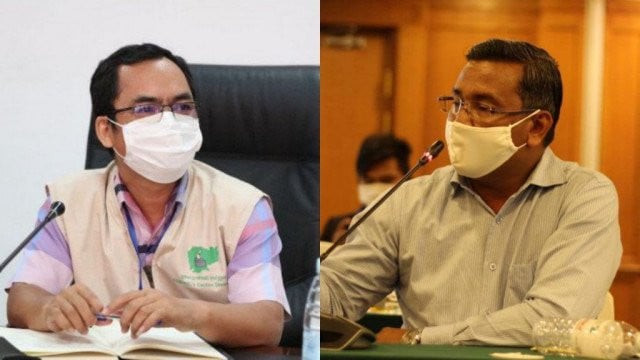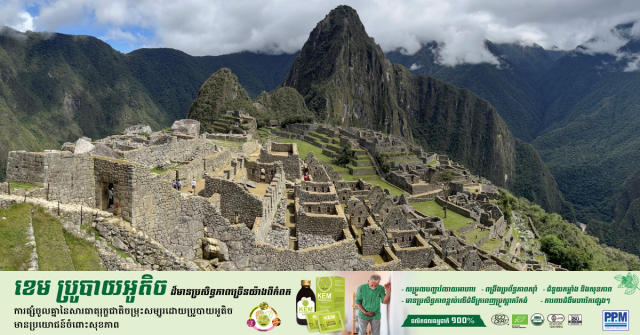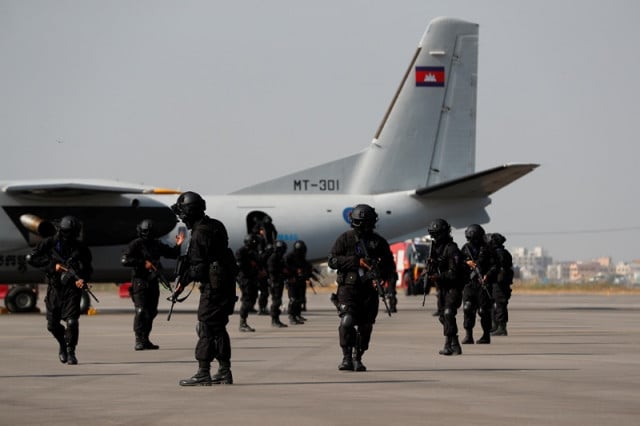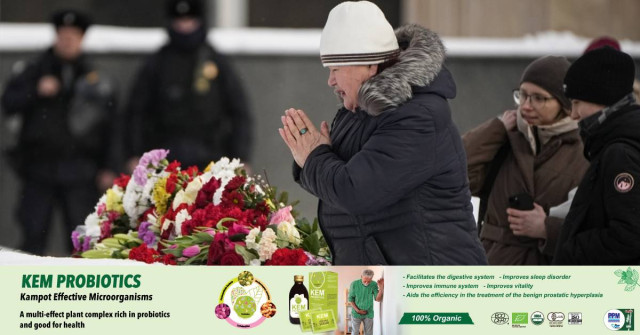Civil Society: Political Candidates and Activists Oppressed Before the Commune Elections

- By Lay Sopheavotey
- and Kheav Moro Kort
- April 25, 2022 5:53 PM
As elections approach, arrests and indictments targeting the political opposition increase
PHNOM PENH – Civil society is concerned that inequality in the political competition will lead to more criticism of the Cambodian electoral process, especially on potential irregularities, while the 5th Mandate Commune Election is approaching.
Some non-ruling party political candidates have been indicted and arrested in several provinces as the election approaches, said Adhoc senior investigator Soeung Senkaruna, citing the case in Pursat province where the Candlelight Party’s candidate and his minor son were arrested and sent to court, on April 13. They were accused of using illegal fishing tackle.
The arrest of political applicants is persecution and will be criticized by the national and international community in the upcoming election, he said.
“The national and international community is laying eyes on Cambodia for the coming election. Estimating whether it is free, fair, and just or not,” Senkaruna said in the program on Human Rights and Democracy of the Voice of Civil Society on April 19.
He expects all relevant parties who are monitoring the electoral process to decry the elections, based on the unfavorable political environment in Cambodia, as he already saw many irregularities, such as removing candidates’ names from the candidate lists.
Kan Savang, Observations and Advocacy Coordinator for the Committee for Free and Fair Elections (Comfrel), also observed that the political situation in Cambodia had not improved. He said that after the commune election in 2017 and the change of political rights, the former biggest opposition party still has no signs of resurgence, while its leader is still involved in a protracted court case.
He is particularly concerned by the government’s refusal to accept new registration for existing political parties, leading to the arrest of the people involved, accused of document forgery. “I only saw such refusals during this mandate,” he said.
On March 2, the Minister of Interior issued a proclamation deleting the National Heart Party (NHP) from the list of political parties. The decision of the Ministry of Interior came after the ministry claimed that it had found cases of forgery of thumbprints for party formation documents.
Prior to the removal of the party, Siem Phluk, founder of NHP, had filed a complaint to the Supreme Court to order the Ministry of Interior to register the National Heart Party. But his complaint was rejected by the Supreme Court. He described the non-registration of the National Heart Party and the lawsuit against National Party officials as political harassment.
Kan Savang added that, in the past months, some political activists have been summoned by the courts and authorities for questioning, while other political candidates have also been beaten by strangers.
Are the voting rights just?
Beyond the persecution, many inequalities have been seen by civil society including delisting of political parties, taking advantage of political propaganda, and law enforcement with political tendencies.
Soeung Senkaruna of Adhoc assessed that the right to political competition is unequal. He said that the National Election Committee (NEC) has been widely criticized for lacking independence as many senior ruling party officials are within NEC.
Officials from the grassroots to the national level, on the other hand, have been working only to serve their supporting political party's purposes, he said. As for the right to participate in the election, so far, some political leaders are still being prosecuted while some activists are being detained. In the future, politicians may face a series of charges.
“The election campaign has not started yet, but we already see that some dignitaries and politicians have taken advantage of sending political messages during Khmer New Year, to attract supporters, young people, and citizens,” Senkaruna said. “It is an unequal technique because, if other parties [would have followed] the same way, they would have been accused and sued.”
Phay Siphan, a Cambodian government spokesperson, said that such arrests of political party’s members are not politically motivated. He urged civil society to raise a specific case and unbiasedly examine the cases that courts and the authorities have charged.
“I want the civil society or the observers to raise the case directly so that we can easily solve it,” he said. “I ask civil groups to be professional and to file a complaint if there is any accusation.”
In the past, PM Hun Sen and Deputy Prime Minister Sar Kheng had already called on authorities at all levels to facilitate the election. It, thus, should be reported if any officials misuse their roles and means to serve the interests of the party, Siphan said.
Hang Puthea, a spokesperson for the National Election Committee (NEC), claimed that the NEC is independent, neutral, and impartial. The recruiting procedure requires its nine members to stop any political involvement two years before being eligible to work at NEC.
“As people say NEC is biased, I would like to ask them ‘to what extent?’,” he said. “We work following the procedures and regulations only.”
NEC rejects any accusation of unclear or politically motivated stance, Puthea said. As for the criticism over the procedures for cases of removing Pursat Province’s Candlelight candidate’s name from the candidate lists, Puthea explained that cases were settled in accordance with the law.
Through the examination and interrogation, it found that individuals whose names were removed were illiterate and did not even understand the clear process of election.
However, Kan Savang of Comfrel said that political participation and equality in the free and fair competition are crucial. This equality, he said, refers to the participation of free and non-threatening expression. Every citizen has the right to exercise his or her political rights through candidacy, political expression, as well as participation in elections, while all parties must be transparent.
“If [equality] is given to citizens, it would be useful for the development of communes in accordance with the will of the people to eliminate corruption, partisanship, and a dictatorial society. This is important in a fair election,” he said.















